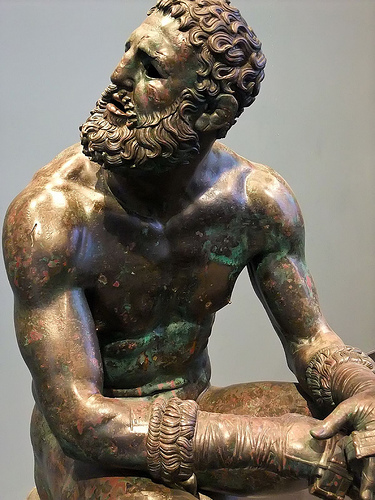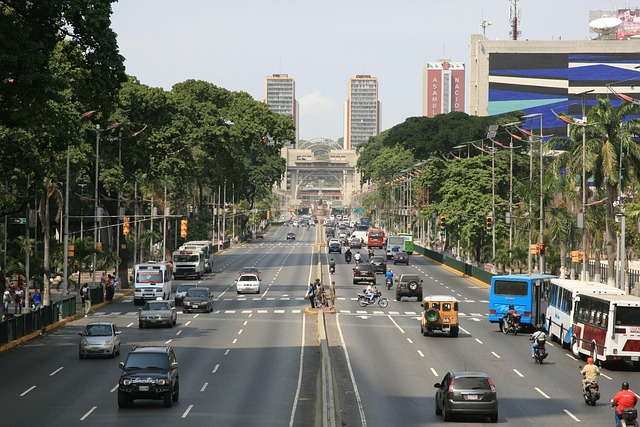
To those who have visited Rome, Athens or Pompeii, it seems obvious that Western culture is built on pagan Greco-Roman foundations. From the Greek colonization of the eastern Mediterranean around 700 BC to the fall of the western Roman Empire around 410 AD. Then followed the Christian era, and in the first phase, almost the entire culture was destroyed. And it took 1000 years before Christianity became mature enough to manage and above all develop our stately heritage.
Anyone who says that Christianity built our Western culture has never seen a Roman aqueduct, she does not know about the Antikythera mechanism or that the Greeks calculated the circumference of the earth using a well, a stick and a string. Nor has she seen the statues of Praxiteles, read Homer, Plato or Aristotle, conteplatetd about the Doric order, or seen the foundations of a Roman insula.
We should definitely be impressed by Christianity and the Gothic cathedrals, the ships that crossed the Atlantic, the universities that were built and the bronze cannons that made us Westerners superior. But it took 1000 years before we got there. And many of these skills already existed before, but they were forgotten and hidden for a long time.
We would have been nothing but the Greeks and Romans, or their predecessors along the Nile, Euphrates, and Tigris. Christianity could hardly have built our civilization from scratch. The Christians inherited a wonderful world, and they were close to dividing it, instead of preserving and developing it.
Christianity is problematic. Many conservatives see it as our salvation from dissolution, division and foreign invading beliefs. But our religion has some strange innate weaknesses, which undermine and harm our civilization. Christianity is basically the story of a healer. A prophet who spreads words of wisdom, but whose basic mission is to heal the poor and outcasts. It is not a warrior king or a wise omniscient father, no, but a man who helps the broken and meek. We got Asklepios, and not Zeus, Apollo or even Hephaestus.
Only when we rediscovered the wisdom of antiquity during the Renaissance did our civilization begin to revitalize again. We dared to question the clergy and kings by the grace of God, and demanded that a council of free and wise men rule society. And why would professions be inherited from father to son? Why were we not allowed to trade freely with each other and across Europe’s many small state borders? What gave certain privileges and tax freedom over generations? Because their ancestors won a battle 100 years ago?
The reason why we are today in a degenerate suicidal civilization is partly due to our Christian heritage, our exaggerated craze for social justice and weakness that haunts us despite the fact that the Bible adorns fewer and fewer bookshelves. And partly our progressive culture where hierarchies must be constantly and now mechanically torn down, because we believe that something good comes out of this every time. It has worked before, even though it was now a long time since we managed to squeeze the last drop out of this transformative game. In order for our culture to become vital and alive again, we initially have these two concrete mental challenges ahead of us.







